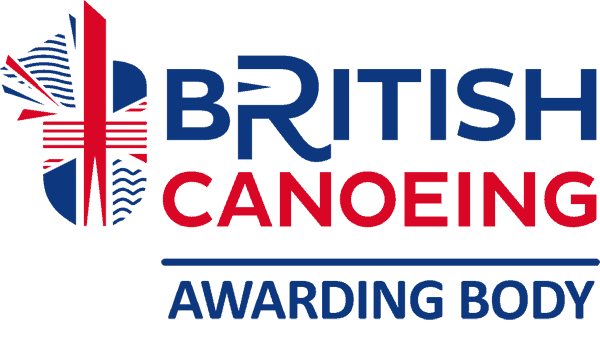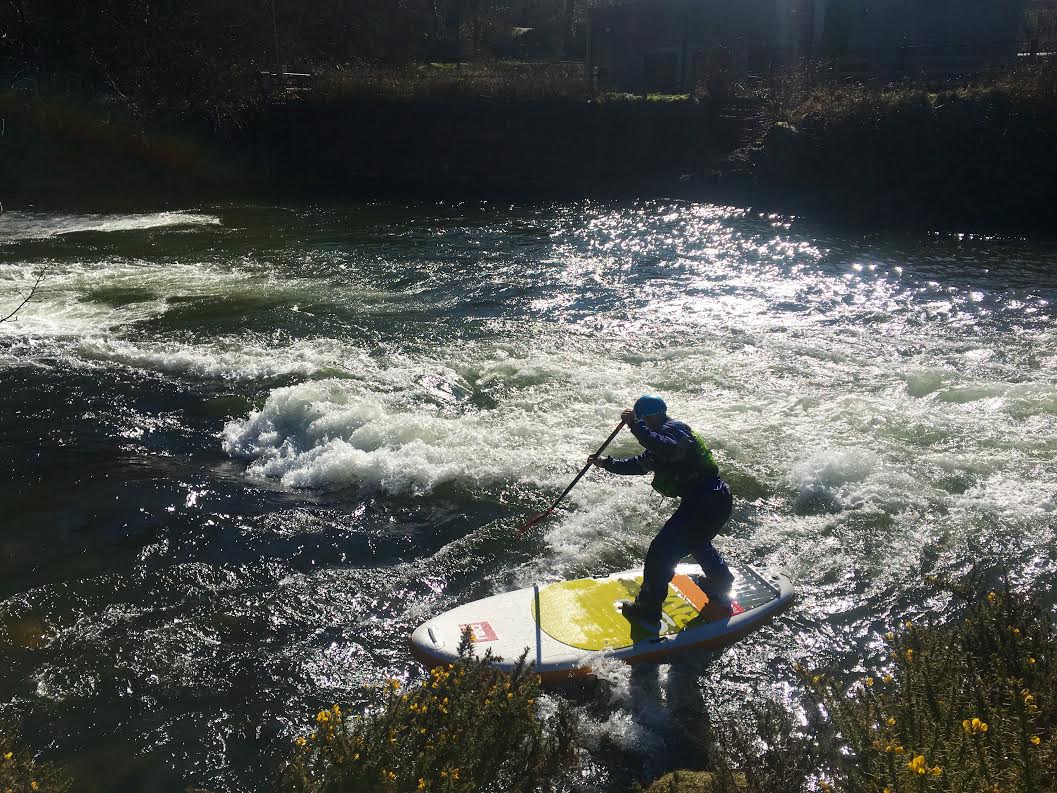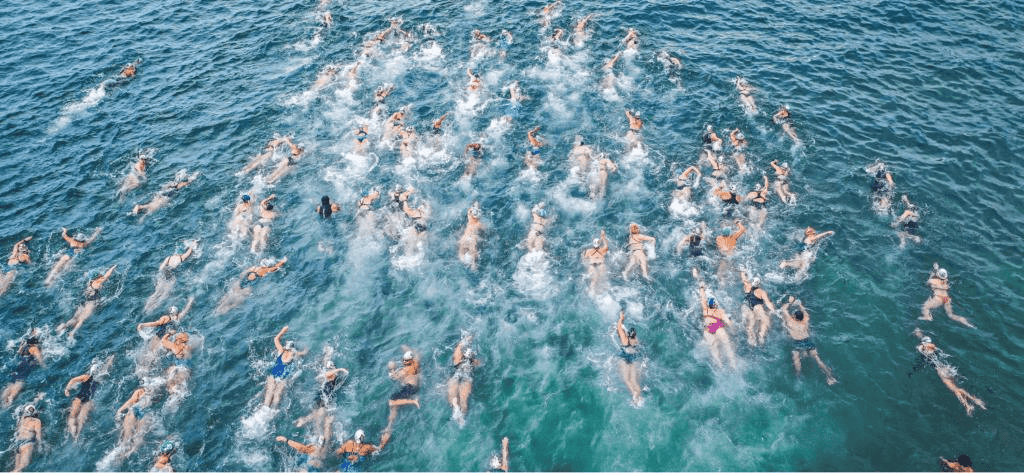British Canoeing Awarding Body is committed to minimise the risk of infection from COVID-19 and to encourage all Providers to be responsible and considerate.
Due to the changes of Government guidance and the relaxation of lockdown rules, British Canoeing Awarding Body can provide further advice to Providers delivering qualifications and awards.
With countries at different stages of restrictions and physical distancing measures, we are encouraging all Providers of training and assessment courses to refer to their local government guidance and consider the risk case by case, considering appropriate mitigation.
Such mitigation measures could include being outdoors, the use of face masks, the use of separation marks, robust cleaning protocols and keeping a record of individuals on courses to aid track and trace if necessary.
Training courses can be tailored to meet the participants’ requirements but must take into consideration if this is to progress onto another programme, such as a White Water Safety and Rescue Training course progressing to a White Water Leader Training. This understanding will allow an appropriate recorded action plan to be put in place if elements cannot be delivered/practised. For assessments, all criteria must be covered as outlined in the assessment guidance for each qualification.
As Providers, you are best placed to make appropriate and responsible decisions on whether qualifications and awards can be delivered ensuring the safety of yourself and others, as well as delivering to the standard required on both training and assessments. To support and ensure parity, both Paddle UK and your National Associations are available to offer further help and guidance.
Specific Course Consideration for Providers
The Foundation Safety and Rescue Training (FSRT) course is often accessed as a stepping stone to becoming a Paddlesport Instructor. However, many individuals attend the course to paddle safely and support other paddlers. Providers are recommended to consider the reasons an individual is choosing the FSRT and ensure appropriate safety frameworks are in place, that delivery is in safe and familiar environments and that all paddlers are self-sufficient and no equipment is shared. Additional methods of engagement should be considered, such as using a digital classroom for a theory session to prepare the learners for the face to face session and to consider the use of the Paddle UK FSRT videos.
Paddlesport Instructor courses are a combination of training and assessment, and Assessors need to be confident that the candidate has demonstrated all the appropriate assessment criteria within the Awarding Body guidance. During the course, games and activities need to be considered, making sure appropriate and responsible measures are taken to ensure the physical distancing. Note: the rescue elements can only be assessed if rescues can be conducted in line with any social distancing restrictions, for example, this could be using individuals from the same household/cohabiting.
Coach Award assessments can be conducted if local government guidance permits and that all assessment criteria is covered. There are elements of the assessment that can be carried out online prior to meeting, such as the Coach Award Discussion Task, developing an understanding of the planned coaching session and gaining an understanding of the paddlers being coached during the assessment. Note: the rescue elements can only be assessed if rescues can be conducted in line with any social distancing restrictions, for example, this could be using individuals from the same household/cohabiting.
Classroom Courses such as Coastal Navigation and Tidal Planning. Providers should ensure appropriate measures are taken to ensure distancing is appropriate and candidates have their own equipment for the session and this is not passed around. Ideally, if an outside classroom can be set up, this will help mitigate the risk.
Leadership training courses can be delivered, taking into account the areas that cannot be covered/practised due to social distancing restrictions. Any topics that are unable to be delivered must be included within the individual’s action planning, providing signposts to practice and gaining such experience.



